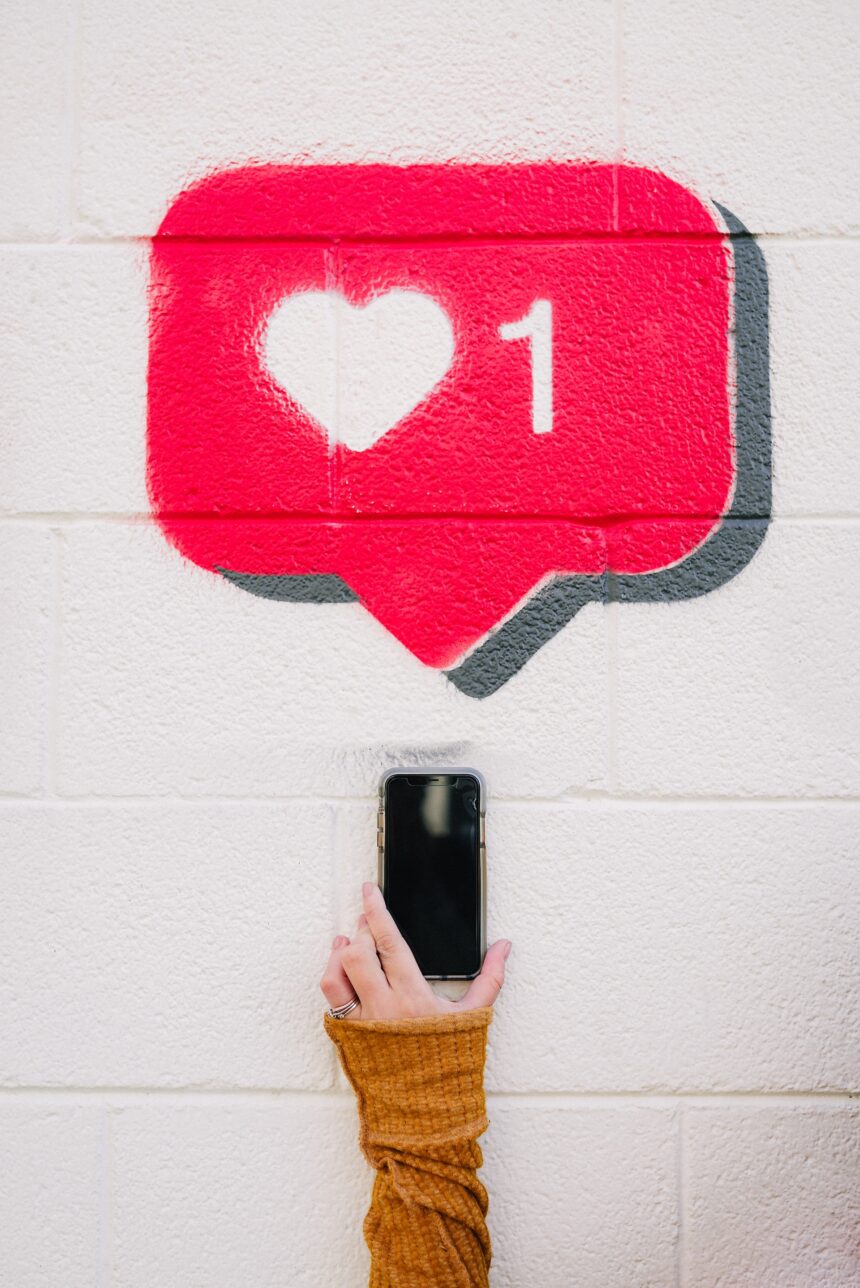In an ever-evolving digital landscape where artificial intelligence (AI) and online shopping increasingly intersect, marketers are leveraging unique strategies to get ahead. Central to this approach is an age-old persuasion principle—social proof—with a modern AI-driven twist.
At its core, social proof is about people using cues from others to inform their decisions. Think testimonials, user reviews, customer ratings, and ‘customers also bought’ recommendations. With AI promising accessibility to virtually everything on the internet, there seems to be a shared opinion that advanced AI doesn’t make mistakes, doesn’t lie and couldn’t be wrong.
Cleverly incorporating social proof into marketing campaigns has an unmatched persuasive power. For instance, a study centered on increasing the adoption of digital identity verification (eID) found that participants were almost four times more likely to adopt eID when the social proof callout was present. Today, social proof is still a potent force in increasing click triggers, although it’s important to remember that it may not be as effective for individuals who have a strong predetermined bias.
However, the role of AI in social proof marketing takes many fascinating turns. A 2022 study identified the most crucial attributes of a B2C website for attracting shoppers, not just browsers. These included fast and accurate search, reviews by verified buyers, digital security certificates, privacy policies, ‘trust factors’ like online support, and embedded social mentions.
Interestingly, the only attribute that outperformed verified buyer reviews was ‘essential usability’. This reveals a core truth: even in the era of AI, user experience prevails.
But can AI be a source of social proof in itself? In an intriguing study, a humanoid robot named Sophia was apparently able to influence participants’ decisions. Despite Sophia being a programmed AI, not sentient, she engendered trust. An astounding 85% of participants agreed with her decision-making prowess.
In another study focused on meat consumption, participants—non-vegetarian, non-vegans ambivalent about meat consumption—were given the task of choosing products for an online grocery store. Whenever a meat product was presented, a social proof bar displayed an 82% rejection rate. As a result, the participants’ decision was influenced, with high ambivalence matching high meat rejection rates. These findings imply that social proof could help reduce uncertainty in decision making for conflicted individuals.
Another AI-linked study unveiled the power of social proof in hand hygiene. Instead of usual testimonials or user reviews, the most convincing message turned out to be a simple statement: “Our hospital visitors disinfect their hands.” This message appealed to the bandwagon effect and herd behavior, encouraging individuals to act like the rest of the ‘herd’. Interestingly, the authority and social proof signs were the only ones to significantly increase handwashing among hospital visitors.
In conclusion, it seems we engage more with AI than just admiring its technical prowess. We also trust it. We can lever this trust to tap into social proof strategies. One novel idea is using ChatGPT—an AI model—to commend your brand, thereby leveraging AI’s perceived authority and reliability as social proof.
In essence, the digital marketing landscape’s future lies in harmonising AI’s capabilities with timeless persuasion principles like social proof. As we continue to explore and trust AI, businesses should reflect on how they’ll incorporate this newfound faith into their marketing strategies. After all, while users have always relied on others for validation, we might soon be depending more on AI.










